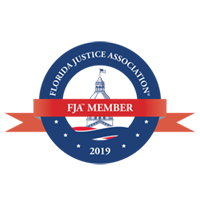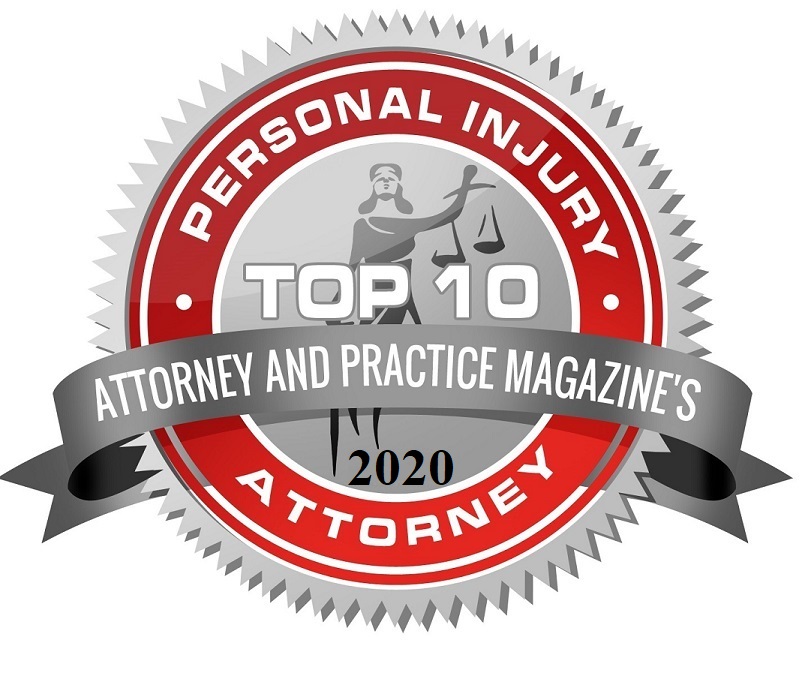Florida’s no-fault insurance system can be complex, especially when it comes to truck accidents. This insurance framework aims to streamline the process of securing compensation for injuries and damages, but it also presents challenges and limitations that those involved in truck accidents must navigate. Truck accidents often result in significant injuries and substantial property damage, making it crucial to understand how Florida’s no-fault insurance laws apply — and what steps are necessary to ensure fair compensation.






The Basics of Florida No-Fault Insurance
Florida operates under a no-fault insurance system, which means that after a car accident, each driver’s insurance company covers their medical expenses and lost wages, regardless of who caused the accident. This system is designed to reduce the time and cost associated with determining fault and to provide prompt payment for medical care and other losses. All Florida drivers are required to carry Personal Injury Protection (PIP) insurance, which covers up to $10,000 in medical expenses and lost wages.
However, this no-fault system has limitations. The $10,000 coverage may be insufficient for severe injuries, and PIP does not cover property damage. Furthermore, Florida’s no-fault laws allow accident victims to step outside the no-fault system and file a lawsuit if their injuries meet certain criteria, such as significant and permanent loss of an important bodily function, permanent injury, significant and permanent scarring or disfigurement, or death.
Truck Accidents: A Different Scenario
Truck accidents differ significantly from typical car accidents due to the size and weight of commercial trucks. The damage and injuries resulting from truck accidents are often much more severe, which complicates the application of Florida’s no-fault insurance laws. In truck accidents, the injuries sustained can easily exceed the $10,000 limit provided by PIP insurance, necessitating additional avenues for compensation.
Additionally, truck accidents often involve multiple parties, including the truck driver, the trucking company, and potentially other drivers. Determining fault in these cases is complex and requires a thorough investigation. The trucking industry is also subject to federal regulations that can impact the outcome of a claim, including hours-of-service rules, maintenance requirements, and driver qualification standards.
Navigating the No-Fault System After a Truck Accident
After a truck accident, it is crucial to act swiftly and methodically to protect your rights and ensure you receive the compensation you deserve. The first step is to seek medical attention, even if you do not immediately feel injured. Some injuries, such as whiplash or internal injuries, may not manifest symptoms right away. Documenting your injuries and receiving prompt medical treatment is vital for your health and your claim.
Next, report the accident to your insurance company. Under Florida law, you must notify your insurer within 14 days to be eligible for PIP benefits. Provide your insurer with all necessary information, but be cautious about making statements that could be used against you later. Insurance companies often look for ways to minimize payouts, so it is advisable to consult with an attorney before giving a detailed account of the accident.
When Injuries Are Severe
In many truck accident cases, injuries are severe enough to exceed the $10,000 PIP limit. When this happens, you may need to pursue compensation through other means. This could involve filing a claim against the truck driver’s insurance, the trucking company, or other responsible parties. Florida law allows you to step outside the no-fault system and file a lawsuit if your injuries meet the serious injury threshold.
Filing a lawsuit involves proving that the truck driver or another party was negligent and that this negligence caused your injuries. This process can be complex and requires gathering evidence, such as accident reports, witness statements, medical records, and testimony. An experienced attorney can help you navigate this process and build a strong case to maximize your compensation.
The Role of Comparative Negligence in Florida
Florida follows the doctrine of comparative negligence, which means that if you are partially at fault for the accident, your compensation may be reduced by your percentage of fault. For example, if you are found to be 20% at fault for the accident, your compensation will be reduced by 20%. This doctrine can significantly impact the outcome of your claim, making it essential to have an attorney who can effectively argue your case and minimize your perceived fault.
Federal Regulations and Truck Accidents
The trucking industry is heavily regulated by federal laws designed to ensure safety on the roads. These regulations can play a crucial role in truck accident cases. For instance, hours-of-service regulations limit the number of hours a truck driver can be on the road to prevent fatigue-related accidents. If a truck driver violates these regulations and causes an accident, this can be used as evidence of negligence.
Other important regulations include requirements for regular vehicle maintenance and inspections, as well as rules regarding the qualifications and training of truck drivers. Violations of these regulations can strengthen your case and help establish liability. An attorney experienced in truck accident cases will be familiar with these regulations and how to use them to your advantage.
Choosing The Right Personal Injury Attorney Personal Injury Settlement TimelineRelated Videos
Dealing with Insurance Companies
Dealing with insurance companies after a truck accident can be challenging. Insurance adjusters may try to settle quickly for an amount that is far less than what you deserve. It is important to remember that insurance companies are businesses, and their goal is to minimize payouts. Never accept a settlement offer without consulting an attorney, as you may be entitled to much more compensation.
An attorney can negotiate with the insurance company on your behalf, ensuring that all your medical expenses, lost wages, and other damages are accounted for. If a fair settlement cannot be reached, your attorney can take your case to court. Having legal representation can significantly increase your chances of receiving the compensation you need to recover from your injuries and move forward with your life.
The Importance of Legal Representation
Truck accident cases are complex and require a thorough understanding of both state and federal laws. Having a knowledgeable attorney on your side can make a significant difference in the outcome of your case. Your attorney will handle all aspects of your claim, from gathering evidence and negotiating with insurance companies to representing you in court if necessary.
At Serrano Law, we are committed to helping truck accident victims navigate the complexities of Florida’s no-fault insurance system and secure the compensation they deserve. Our experienced team understands the challenges you face and will work tirelessly to protect your rights and interests. We will conduct a comprehensive investigation of your accident, gather the necessary evidence, and build a strong case on your behalf.
Case Results
Fight for the Compensation You Deserve — Contact Serrano Law Today
If you or a loved one has been involved in a truck accident in Florida, do not hesitate to seek legal assistance. The team at Serrano Law is here to help you through every step of the process, from understanding your rights under Florida’s no-fault insurance laws to pursuing compensation for your injuries and damages. We are dedicated to providing personalized and compassionate representation to ensure the best possible outcome for your case. Contact us today for a free consultation, and let us help you on the road to recovery.



